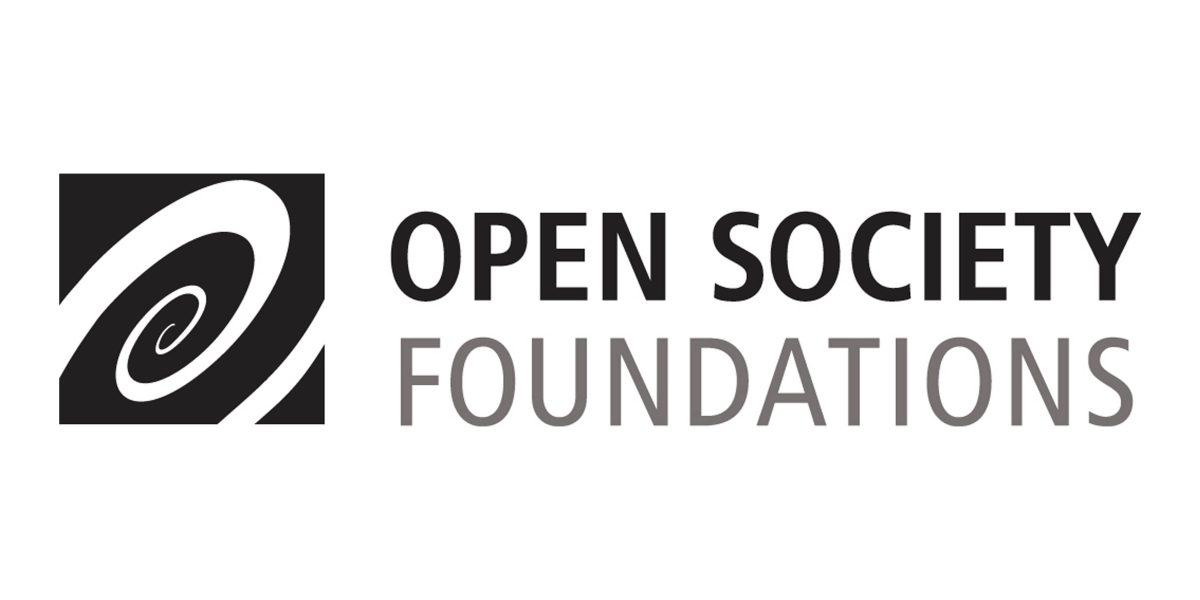
Deadline: 31 March 2018
Open to: doctoral students
Scholarship: USD 10,000 for doctoral students; USD 15,000 for faculty members
Description
Open Society Foundation is offering Civil Society Scholar Awards (CSSA) for doctoral students and full-time faculty members teaching at universities in their home country. The awards support short-term, international academic projects, such as: fieldwork (data collection); research visits to libraries, archives, or universities; course/curriculum development; and international research collaborations leading to peer-reviewed publication.
The Open Society Foundations work to build vibrant and tolerant democracies whose governments are accountable and open to the participation of all people.
At the Open Society Foundations they believe in taking on controversial issues and supporting bold, innovative solutions that address root causes and advance systemic change. They also believe in encouraging critical debate and respecting diverse opinions. Universities play a key role in advancing these aims and are a vital part of civil society.
Eligibility
The awards are open to the following academic populations:
- doctoral students of eligible fields studying at accredited universities inside or outside of their home country;
- full-time faculty members (must have a minimum of a master’s degree) teaching at universities in their home country.
Candidates must be citizens of the following countries: Afghanistan, Albania, Angola, Azerbaijan, Belarus, Bosnia and Herzegovina, Cambodia, Democratic Republic of Congo, Republic of Congo, Egypt, Equatorial Guinea, Eritrea, Ethiopia, Guinea, Haiti, Kosovo, Laos, Libya, Macedonia, Moldova, Mongolia, Myanmar/Burma, Nepal, Palestine, Papua New Guinea, Serbia, Sudan, South Sudan, Syria, Swaziland, Tajikistan, Tunisia, Turkmenistan, Uzbekistan, or Yemen.
- Project duration: between two and 12 months;
- Project location: projects must take place outside of the country of the applicant’s current residence;
- Eligible dates: September 1, 2018–August 31, 2019;
- Maximum funding requests: USD 15,000.
Any subject areas within the social sciences and humanities are eligible, but particularly those related to: law, justice, and governance; sustainable development and natural resource management; economic rights and empowerment of the poor; public health, social work and community development; new media law and policy; inclusive education; post-conflict studies; and human rights.
The program does not discriminate on the basis of age, race, color, sex, religion or belief, sexual orientation, gender reassignment, disability, pregnancy and maternity or marriage and/or civil partnership.
- English Language Requirements: Applicants from outside the home country will often need to meet specific English language/other language requirements in order to be able to study there.
Scholarship
Awards of maximum funding requests: USD 10,000 for doctoral students; $15,000 for faculty members.
How to Apply?
- Completed Application Form (online or hard copy);
- Updated CV
- A detailed budget and timeline of a research project or first year of doctoral studies curricula, with a clear explanation of when and how they will use the requested funds (please use the template provided).
- Copy of the identification pages of their passport(s) and any current visas;
- Scan of current official graduate school transcript (doctoral applicants) or the final transcript of highest degree obtained (for faculty applicants and Ph.D. student applicants in their first year of study);
- A letter of invitation from a faculty member or a senior administrator at the institution where their research will take place, if applicable (scanned and attached to application); Doctoral student applicants must also provide:
- An official letter from their academic institution confirming their enrollment status, department, and expected completion date (scanned and attached to application);
- A personal reference letter from an academic or professional in their field in their home country who can speak to their accomplishments, future aspirations, and ties to their home country (scanned and attached to application);
- An academic reference letter from their academic supervisor supporting the research for which they seek funding. Supervisors should also confirm if the activity will need IRB/ethics committee approval prior to the activity taking place (scanned and attached to application). For first-year doctoral students who have not started their programs, an academic reference letter from their previous professor/supervisor will suffice.
Faculty applicants must also provide: - An official letter from their institution of employment confirming their status as a faculty member and endorsing the proposed time away from their position (scanned and attached to application);
- An academic reference letter from a senior colleague in their field with direct knowledge of work and proposed research topic (scanned and attached to application). Note: Omission of one or more of the documents renders their application incomplete and will result in disqualification. In the event that a document(s) will become available only after they submit their application, please indicate this on their application and send the missing document(s) as soon as possible.
For more information please visit the official website.